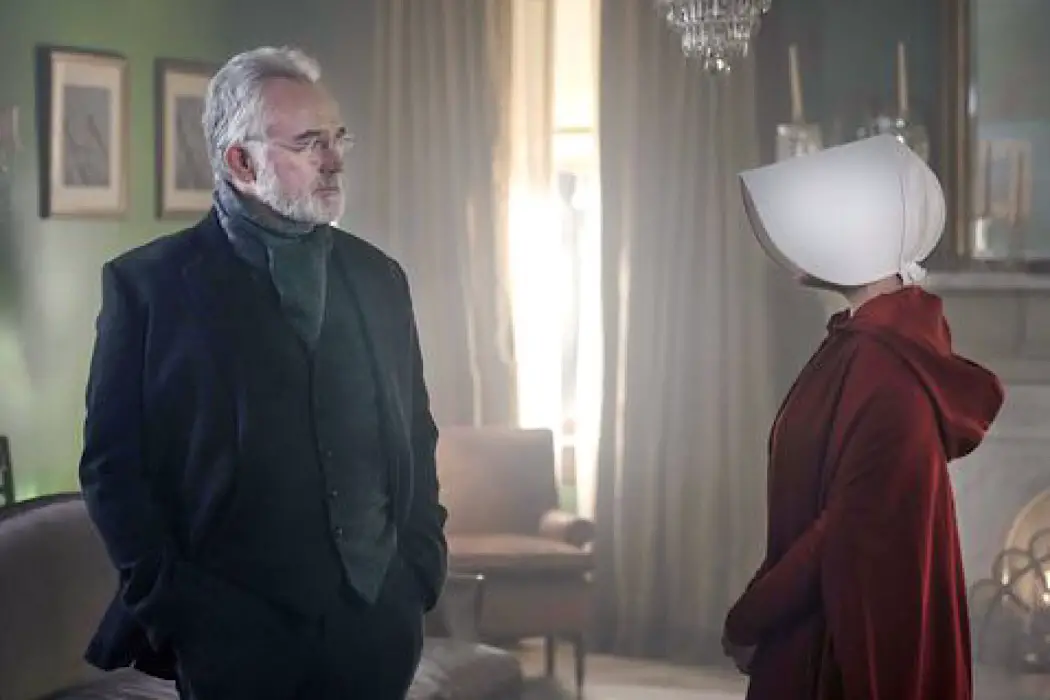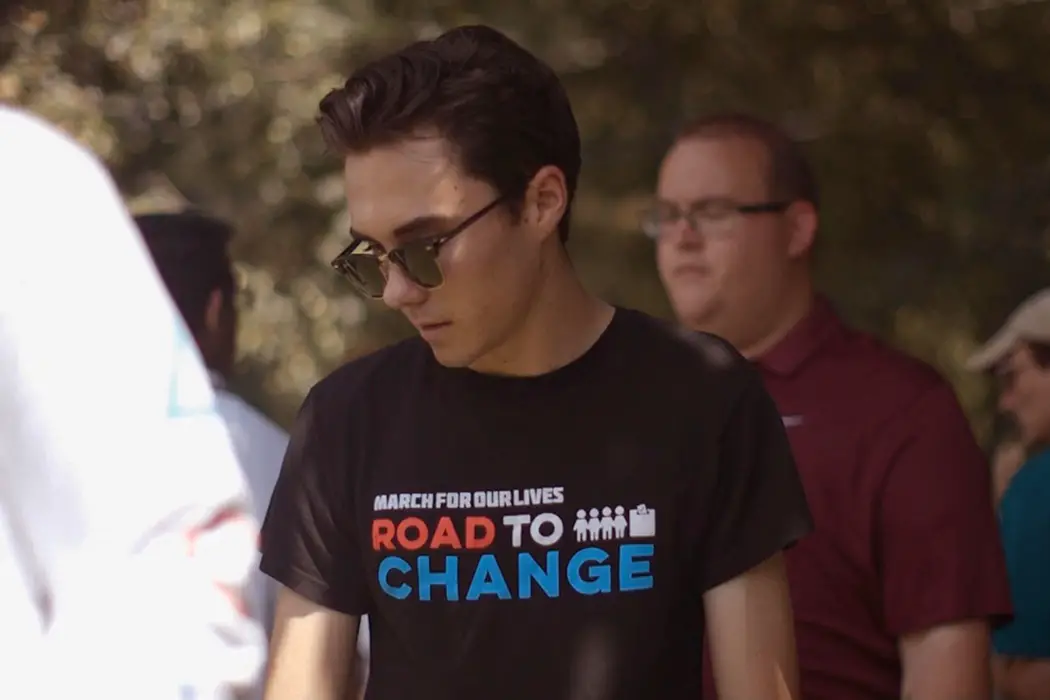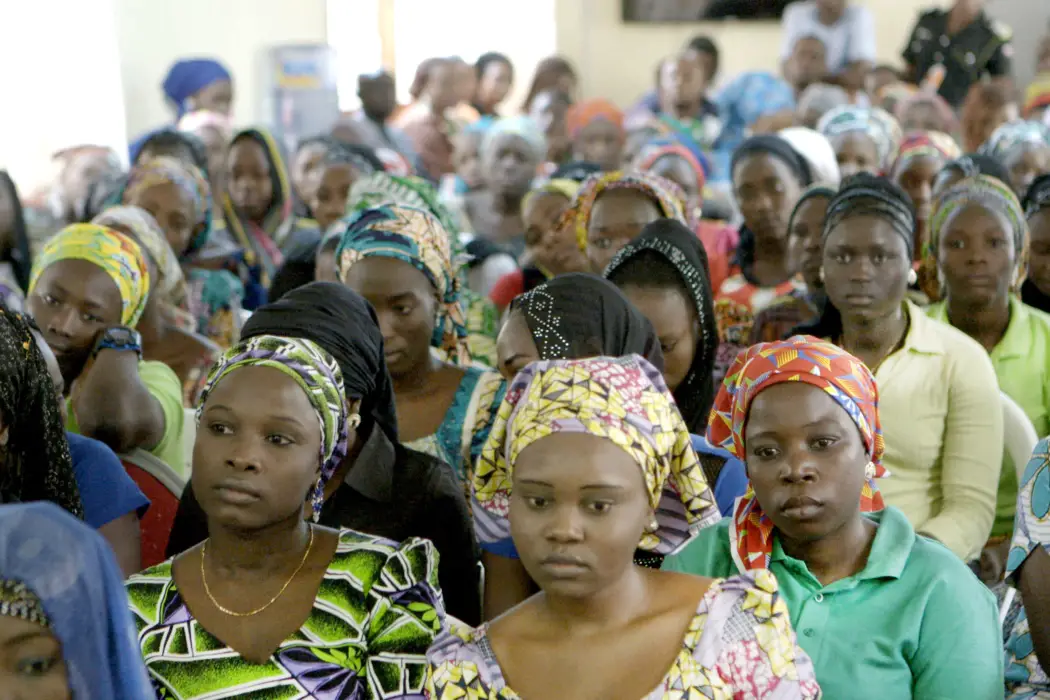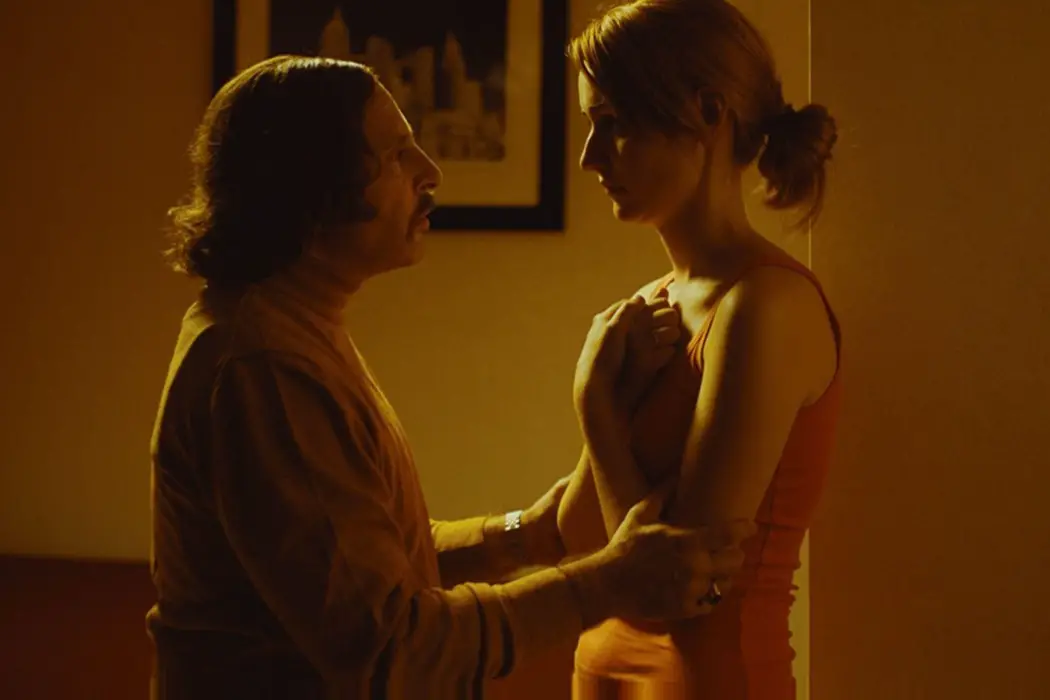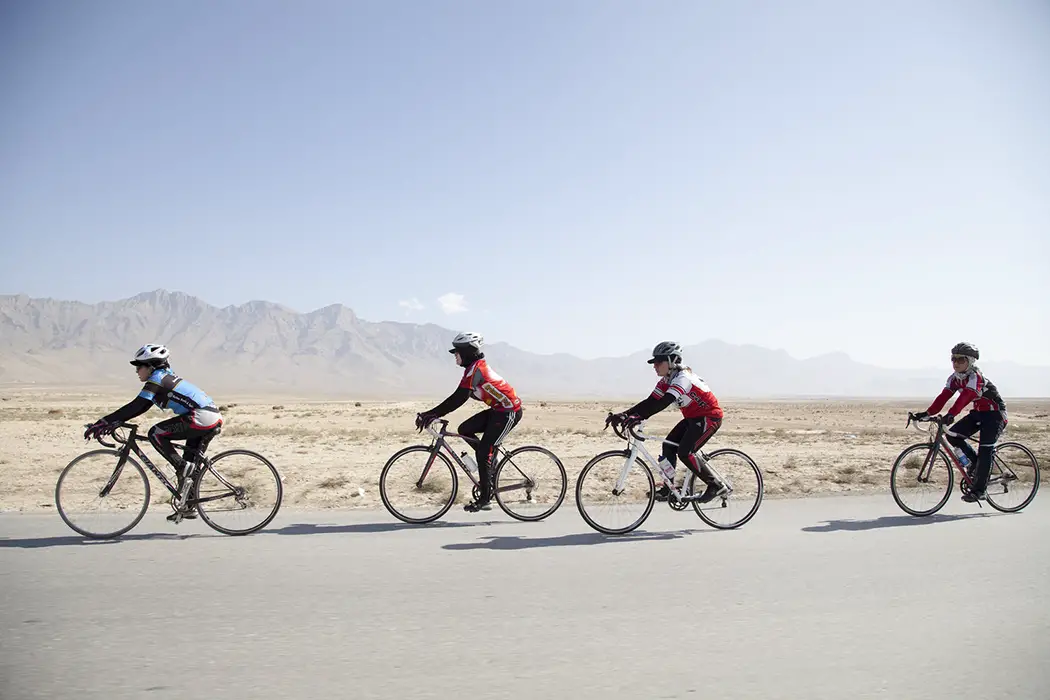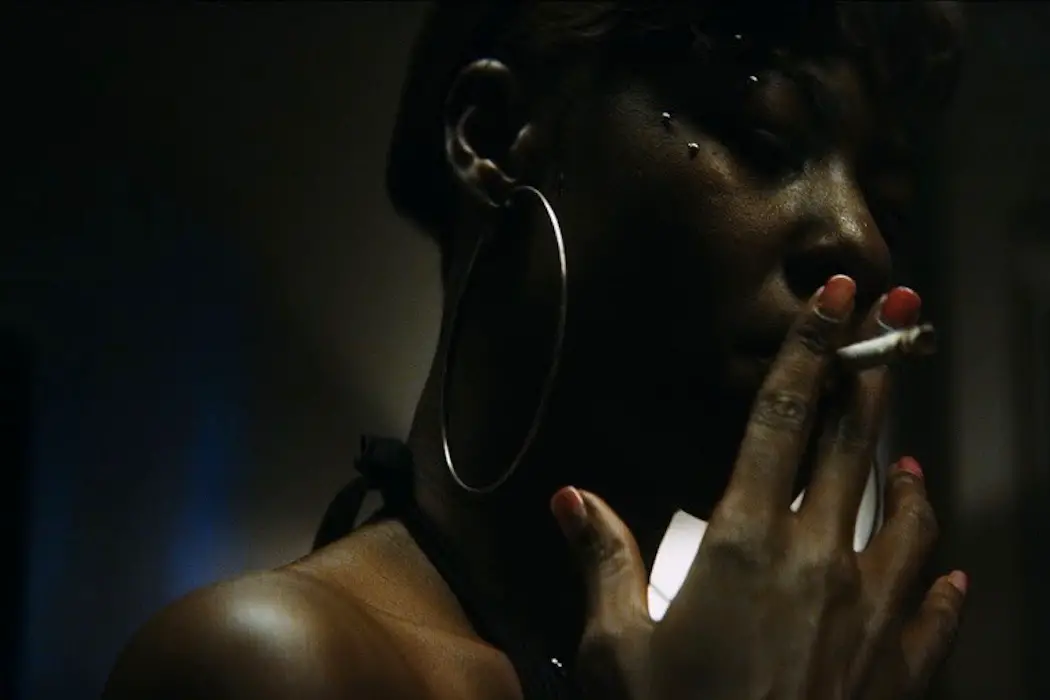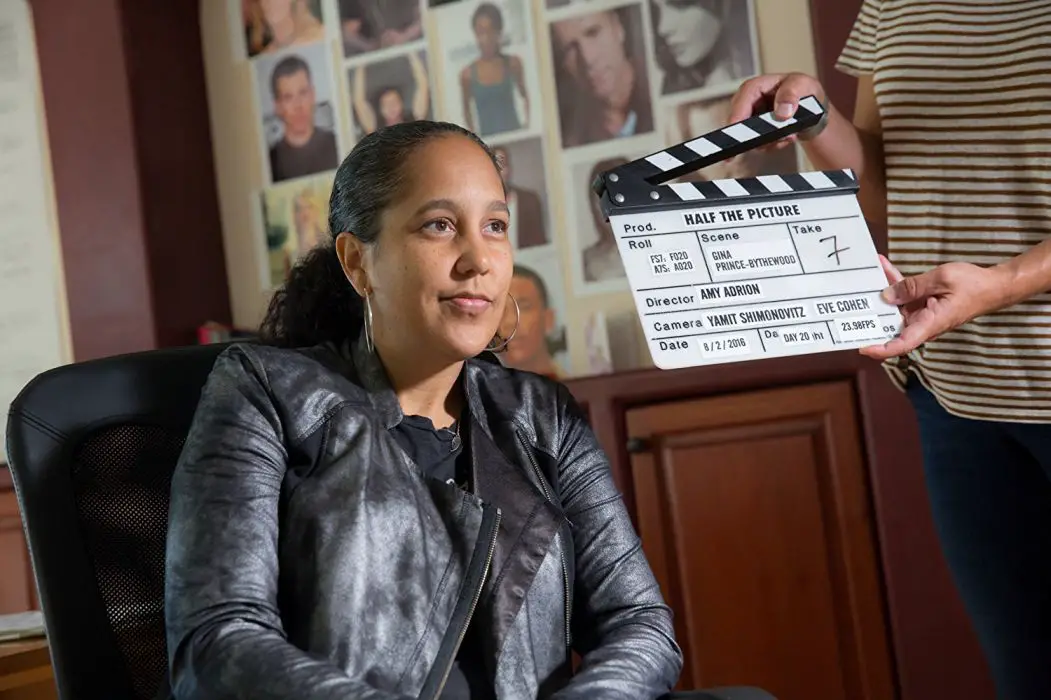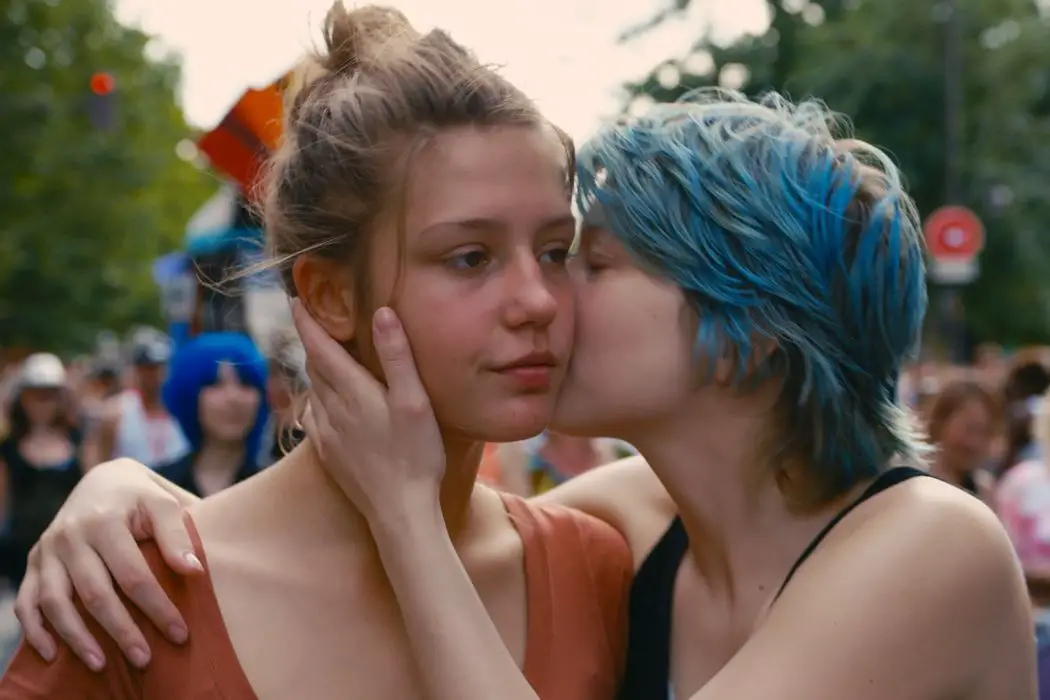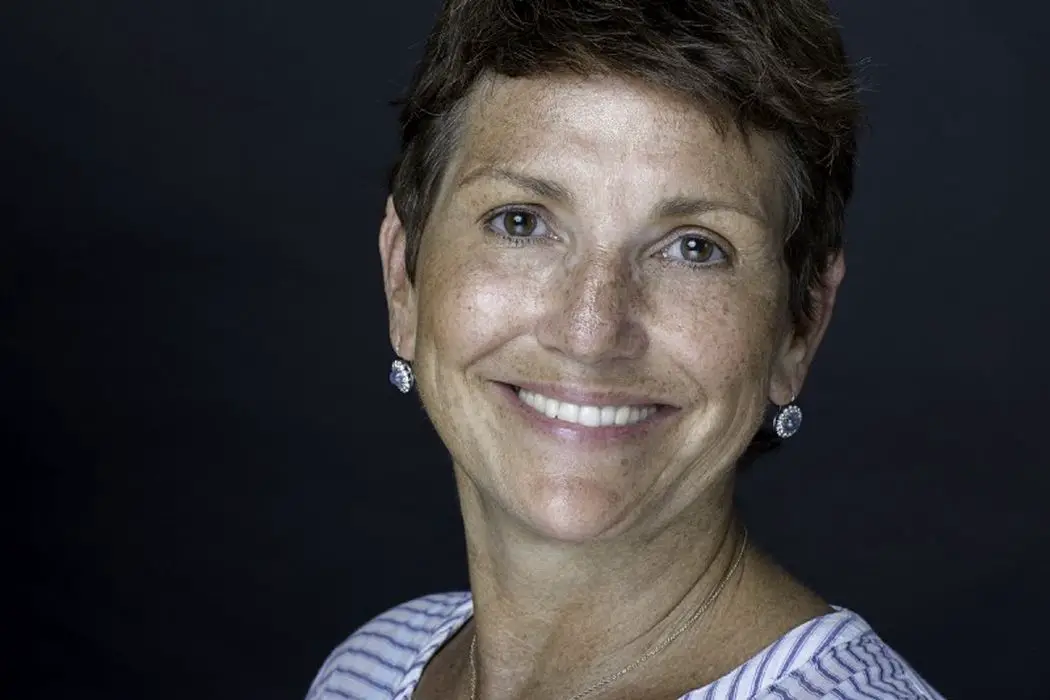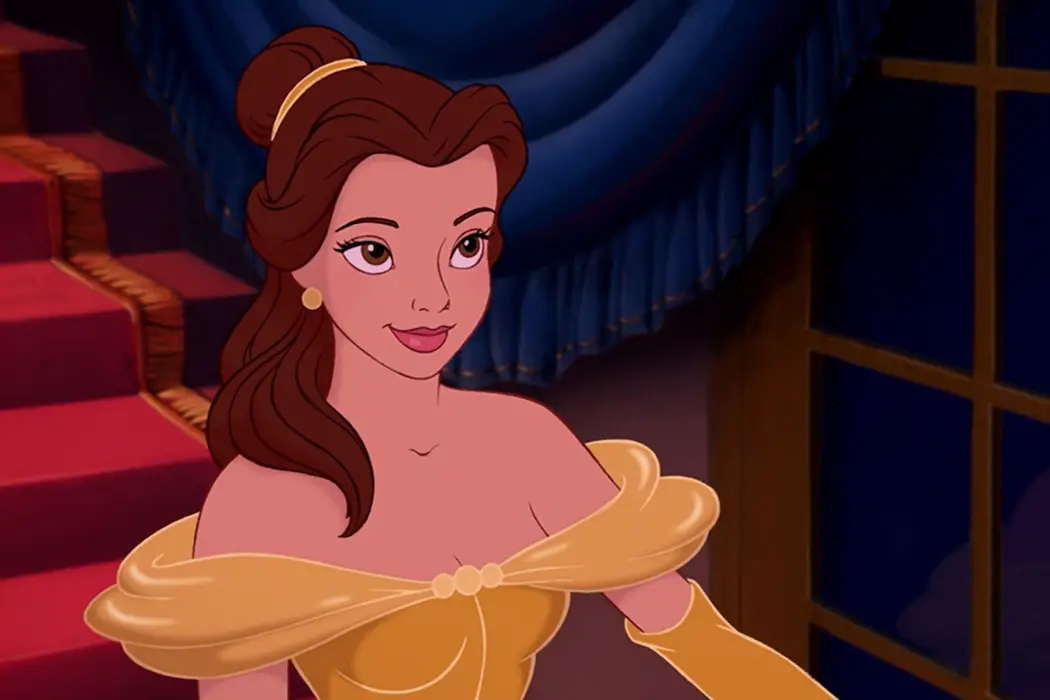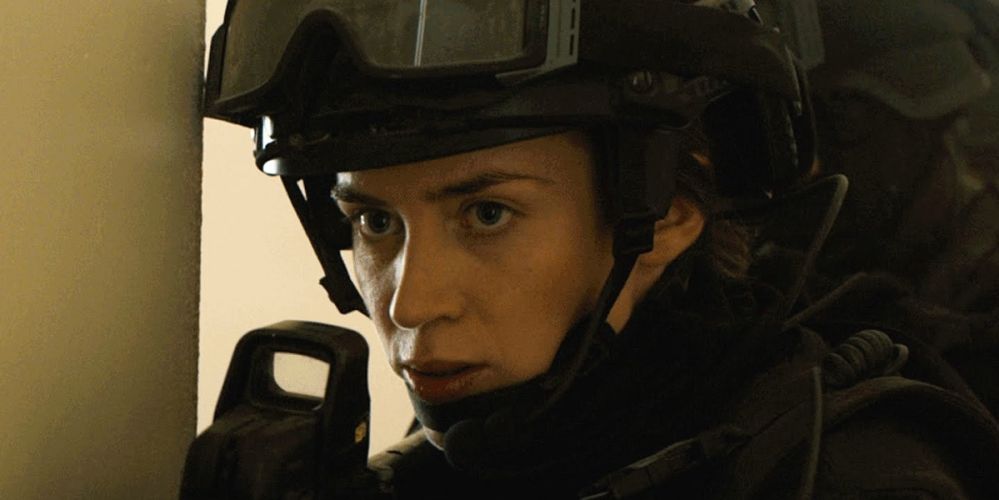women’s rights
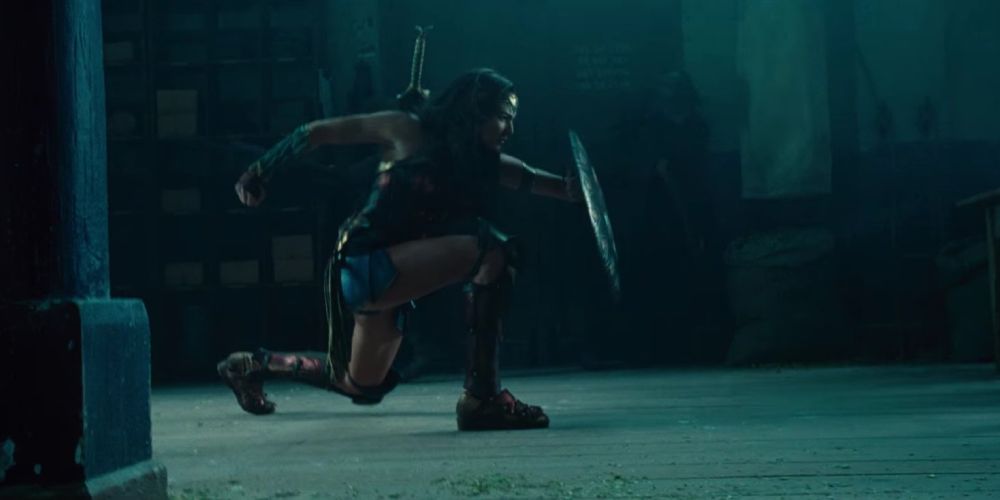
The past couple years have sparked seemingly, sudden changes in Hollywood. The #OscarsSoWhite trending this year launched a complete member overhaul in the Academy and the way voting was handled within the membership. The EEOC launched an investigation of the Hollywood’s studio system’s complete neglect of hiring women directors, which has sparked an online movement for women in film, both in front of and behind the scenes.
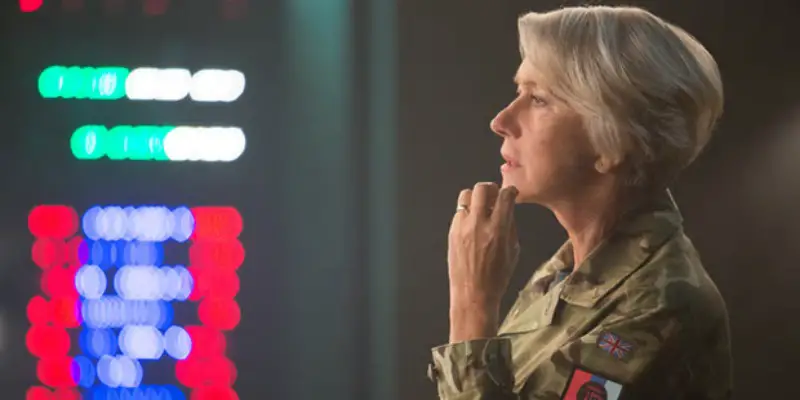
In part one of ‘Gender at War’, we looked at several films which have changed the perception of women in war. Traditionally, women have been pushed to the side – presented as Madonnas (wives, mothers or whores) with no space for them in the gritty action. The increased presence of women as soldiers in war films (instead of passive grieving objects) has forced other questions about the act of war to arise.
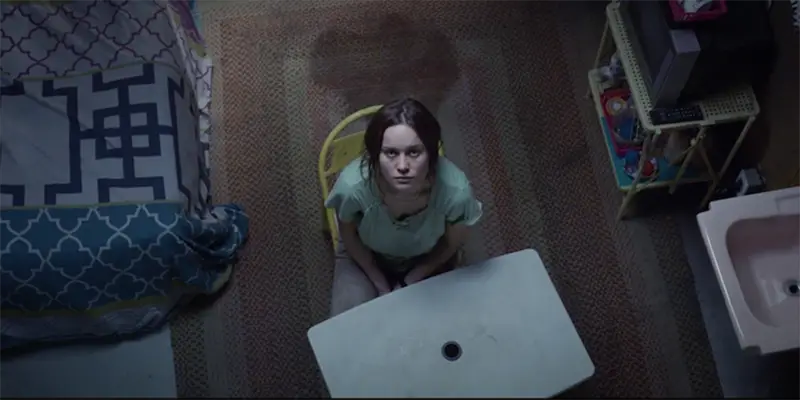
Because the Internet can take a person virtually anywhere in the world and provide potentially infinite vats of knowledge, raising children in a dictatorial environment nowadays seems more ridiculous than ever. The mechanics of detaining an adult with an existing awareness of the outside world is even more bewildering, because chances are they’ve read about the Josef Fritzl case and have at least some idea of how to escape. Alas, cinema, ever the portrayer of such cultural terrors, has provided startling means with which to explore such a phenomenon.


